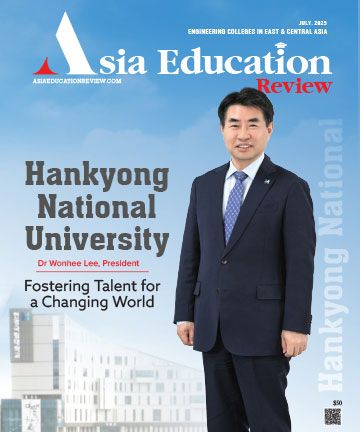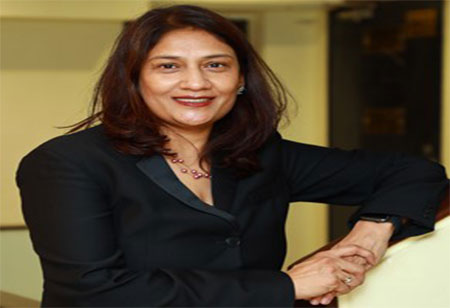Engineering Education That Transcends Borders & Builds Futures

By Mandvi Singh, Managing Editor
Engineering education in East and Central Asia is undergoing a remarkable transformation, positioning the region as a global leader in technological advancement and academic excellence. Institutions across these regions are being recognized not only for their academic rigor but also for fostering innovation, research, and industry collaboration. They are playing a key role in shaping future-ready engineers who can meet the evolving demands of a digital and sustainable world.
Engineering colleges in East Asia are establishing new standards in contemporary infrastructure, sophisticated laboratories and impact research. Their orientation is also complemented by practical aspects other than what can be taught, so they focus on real world projects, interdisciplinary programs and nurture good industry connectivity. These engineering colleges also focuses on robotics, AI, clean energy, smart manufacturing, and digital infrastructure, placing students to make effective contributions in any global tech ecosystem.
Meanwhile, Central Asia is also becoming widely known to enhance its engineering education in terms of fresh investments to research and technologies. Technical education in the institutions is facilitating regional growth to meet the requirements of both local industries and global sustainability. One of the most outstanding connections between these regions is the improved focus on innovation, entrepreneurship and borderless cooperation. Global collaboration, modularized curriculum, and talent-centered education make students forward-oriented and competent in the global context.
As we look ahead, engineering colleges in East and Central Asia do not only make skilled personnel but they are bringing out the visionaries and the changemakers of the future. In this current edition, ‘Top 10 Engineering Colleges in East & Central Asia - 2025’, Asia Education Review sheds light on some of the leading institutions that are shaping the future of global engineering talent by delivering world-class education and fostering international academic collaborations.
Read on to learn more about them and feel free to share your feedback!
🍪 Do you like Cookies?
We use cookies to ensure you get the best experience on our website. Read more...
.png)




